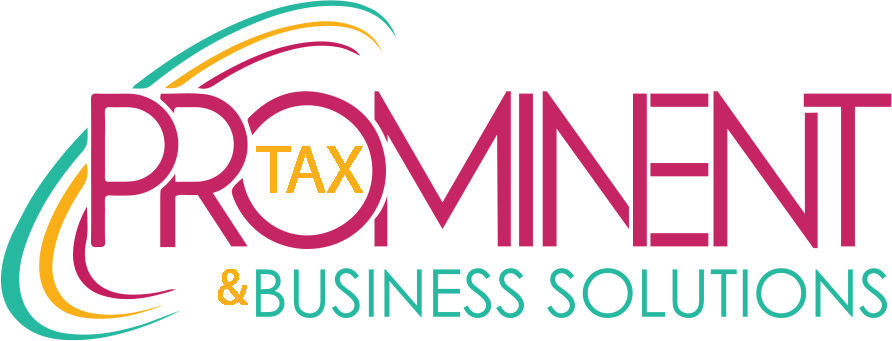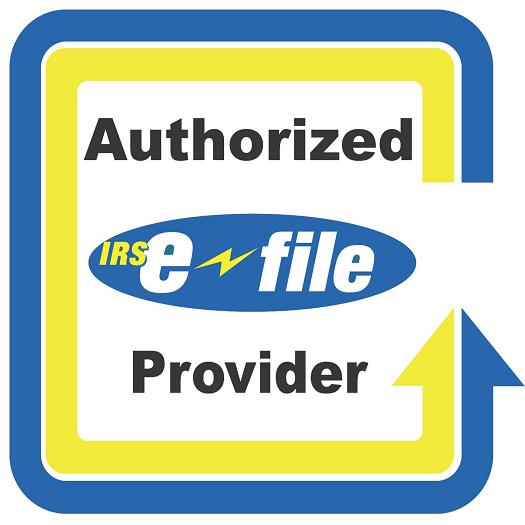A Secret to Lower Taxes: The Self-Employed Health Insurance Deduction
Navigating tax regulations can be overwhelming, but one shining opportunity for self-employed individuals is the self-employed health insurance deduction. This deduction allows eligible taxpayers to deduct 100% of their health insurance premiums from their gross income, presenting a significant tax advantage. Let’s dive into who qualifies, what types of insurance are eligible, and how to claim this valuable deduction.
Who Qualifies for the Deduction?
Self-Employed Individuals
Freelancers, independent contractors, and small business owners who report a net profit on Schedule C or Schedule F are eligible for this deduction. The deduction is limited to net earnings from self-employment after accounting for the 50% self-employment tax deduction and certain retirement plan contributions (excluding traditional IRAs).
Partners in Partnerships
Partners with net earnings reported on Schedule K-1 can also benefit. The insurance can be in the name of the partnership or the partner. Key points include:
- If the partnership pays the premiums, those amounts must be reported on Schedule K-1 as guaranteed payments.
- If the partner pays the premiums, the partnership must reimburse them for the premiums, which must also be reported as guaranteed payments.
S Corporation Shareholders
Shareholders owning more than 2% of an S corporation can claim the deduction if the corporation pays their premiums, which are reported as wages on Form W-2. If the shareholder pays the premiums, the S corporation must reimburse them, and those amounts must also be reported as wages.
Where is the Deduction Claimed?
The self-employed health insurance deduction is an above-the-line deduction, directly reducing your gross income. This means you can benefit from it regardless of whether you itemize deductions or take the standard deduction. The deduction is claimed on IRS Form 7206, which is attached to your Form 1040 return.
The Tax Benefit
This deduction not only reduces your taxable income but also helps you avoid the 7.5% of AGI medical limitation associated with itemized deductions. Lowering your adjusted gross income (AGI) can lead to substantial tax savings, making health insurance more affordable for self-employed individuals and small business owners.
What Insurance Qualifies?
To qualify, the insurance policy must be established under the name of the business, but it can also be in the individual’s name for self-employed individuals. Eligible premiums include those for:
- Medical
- Dental
- Long-term care insurance for the taxpayer, their spouse, dependents, and children under 27, even if they aren’t dependents.
Medicare premiums paid voluntarily can also be included if they resemble qualifying private health insurance.
Limitations and Restrictions
While the self-employed health insurance deduction offers substantial tax relief, there are some limitations:
- The deduction cannot exceed the earned income from the business under which the insurance plan is established.
- Long-term care insurance premium deductions are limited based on the age of the insured.
- No deduction is allowed for any month in which the taxpayer was eligible for a health plan subsidized by their or their spouse’s employer (where at least 50% of the cost is covered by the employer).
If you have questions about this often-overlooked tax benefit, don’t hesitate to reach out for assistance. Understanding and utilizing this deduction can lead to significant savings for self-employed individuals and small business owners alike. When you choose our tax preparation services, we ensure that eligible clients benefit from this valuable deduction. Don’t miss out on potential tax savings – contact us today to schedule your tax consultation and let us help you maximize your deductions!
Continue Reading
fusion_global=”1322″]

